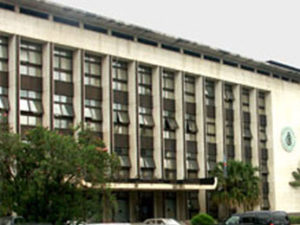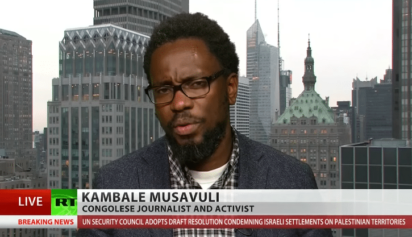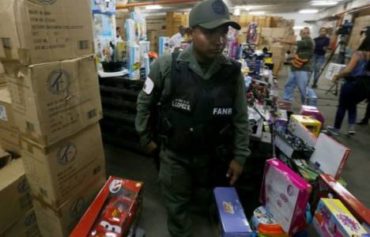
Democratic Republic of Congo Central Bank
The central bank of the Democratic Republic of Congo said it is taking steps to stem a slide in the nation’s currency, and called on the government to help with additional measures.
The franc has dropped to 955 per dollar in the parallel market, from 945 franc at the end of December, the central bank said in a statement after holding an emergency monetary policy committee meeting on Wednesday. The official exchange rate moved above 930 francs for the first time, rising as high as 933 per dollar, it said. The currency traded at 928 per dollar by 2:05 p.m. in the capital, Kinshasa, bringing its decline in the past six months to 1.2 percent.
Congo, Africa’s biggest copper producer, is battling a commodities slump that is weighing on its $33 billion economy. Foreign exchange reserves fell to $1.36 billion Feb. 18, from $1.65 billion at the end of 2014, according to government data, as prices for key exports including copper and oil declined.
“The exchange rate has only dropped a few percent, but after five years of stability this is worrying for the government,” Michel Losembe, president of the Congolese Banking Association, said by phone from Kinshasa on Thursday. The central bank “does not have the foreign exchange reserves to buy Congolese francs every week. Unless there is a sudden revival in the copper price, pressure will continue to increase on the exchange rate and on inflation,” he said.
The central bank increased reserve requirements for commercial banks on Congolese franc deposits and said it would boost the immediate availability of dollars through sales of foreign currency. It also called on the government to help it to restrict liquidity.
“The government is running deficits, which is putting pressure on the local currency market,” Losembe said. “The central bank is asking the government to pull back on expenditure.”
A central-bank auction on Thursday of $50 million won’t be enough to reduce demand for the U.S. currency, as Congelese lenders have unfulfilled client orders of $80 million, Losembe said.
The International Monetary Fund said in October that Congo’s “low level of international reserves” would limit the ability of the central bank to respond “in case of a sharp depreciation of the exchange rate.” Although technically a floating currency, the IMF describes the exchange rate as “stabilized” due to government interventions in the exchange market.
Source: www.bloomberg.com

